Planes, Trains & Automobiles – Why Transport Matters to You.
16/07/2018

16/07/2018
An international summit reveals why it’s time we started taking transport seriously.

The evening flight from Leipzig to London should have been an hour and forty minutes, though it felt longer. Maybe tiredness, the two-hour delay and the bad-tempered restlessness of the other passengers had distorted my perception of time. When the plane eventually touched down at Stansted airport the mood amongst us had shifted from irritation to weary resignation.
We had missed the last train to Liverpool Street station which meant the options were to spend the night at a hotel and travel home the next day, or get a taxi. I chose the latter. The ride cost £116 which, given where I live, was reasonable and to be honest I was so exhausted I would have paid double that to get home. Ironically the only reason I was in Leipzig was because I had agreed to chair four seminars at a transport conference!

Every year the International Transport Forum (ITF), a body run by the OECD (Organisation for Economic Co-Operation & Development), holds a summit that brings together academics, CEOS, environmentalists and ministers from its 59-member states. Its mission is to develop policies that encourage a deeper understanding of the role transport plays in promoting economic growth, social inclusion and environmental sustainability. 2018’s theme was Safety and Security, which was appropriate after the recent terrorist attacks in Europe and government fears about the vulnerability of transport networks to cybercrime. That in itself should have been enough to attract the attention of the mainstream media, but unfortunately it was conspicuous by its absence! In the three years I’ve been chairing ITF seminars, I can’t ever recall seeing or meeting a journalist from CNN, the BBC or any other leading news organisation and that’s a pity because the summit produces some excellent stories.
Transport is a big subject with a deep impact. Consider the following: there are over a billion cars on the world’s roads (according to the OECD that could be 2.5 billion by 2050): around 90% of global trade is carried by the international shipping industry: over 50% of the human population knows how to ride a bicycle: 7.2 billion air trips will take place in 2035: the chances of being caught in a plane accident are around one in seven million: road traffic injuries are the leading cause of death among young people aged between 15 and 29 years. Surely there’s something worth writing about in just those statistics?
Never Quite Getting A Look-In
Maybe one reason why transport doesn’t always get the look in it deserves is because people only relate to it when something directly affects them. The huge delays on Britain’s railway network after a major timetable overhaul is a case in point. The changes were supposed to result in an improved service, but what passengers got instead were overcrowded carriages and severe delays caused by last minute cancellations and train shortages. Throw in average ticket price increases of 3.4% in 2018, then it’s understandable why commuters are finding alternative ways of getting around. Let’s face it, a broken railway system is not a good advert for a country looking to sell itself as a great place to do business!
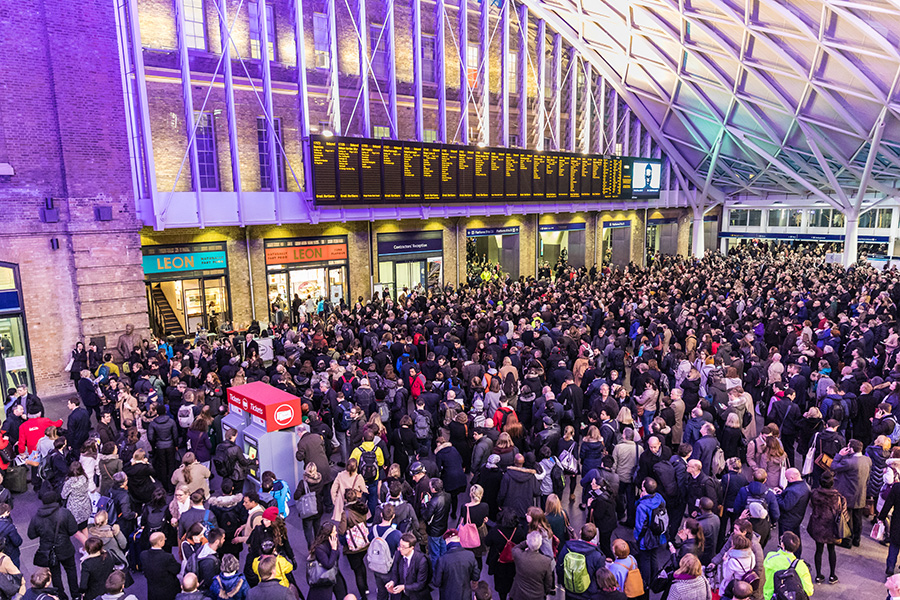
The debacle took the shine off a 2014 report by the economics advisory group Oxera, which found that Britain’s railways return £3.4 billion per annum in tax to the Treasury while benefitting passengers and freight to the tune of £13 billion a year. The moral of the story is that changes to the railway network should be planned carefully if they’re to give equal consideration to the needs of both passengers and businesses. This is crucial because for many companies, railways are vital to their supply chains.
Counting the Cost of a Supply Chain Breakdown
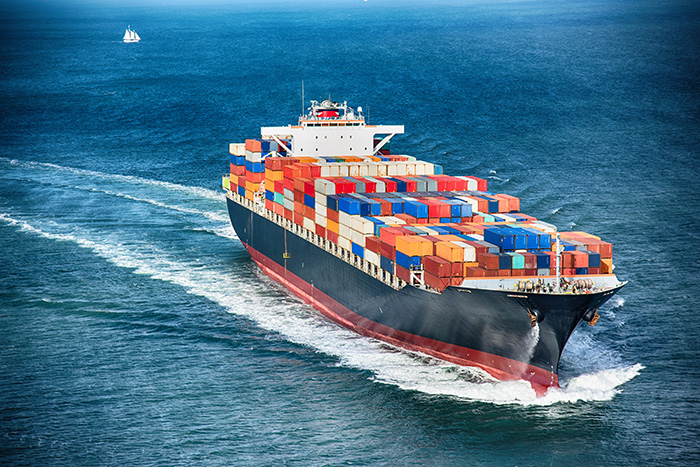
Supply chains have evolved into intricate networks of shops, warehouses, factories and freight terminals, making them vulnerable to external dangers like commodity shortages and cyber-attacks. A supply chain collapse can have far reaching consequences. When the container ship MSC Napoli ran aground off the south coast of England in 2007, its cargo included 200 tonnes of light fuel oil and 160 tonnes of nickel (the main ingredient in stainless steel), which at the time was the equivalent of 20% of the total amount of nickel in the warehouses of the London Metal Exchange. As the extent of the disaster unfolded, the three-month delivery contract on nickel reached an all-time high of $36,300, a massive leap from its January 2006 valuation of $13,500. It doesn’t take a genius to work out the inflationary impact!
The Environmental Cost
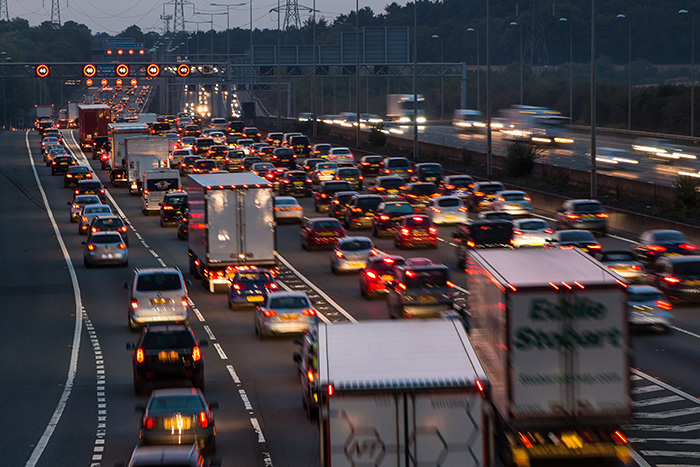
Transport systems are constantly changing, with implications for all of us. Online shopping, with its same day delivery promise, has boosted the number of light goods vehicles on the roads adding to congestion, potholes, and general wear and tear. The Local Government Association says it will cost around £9.3 billion and take over 14 years for councils across England to clear the current road repair backlog.
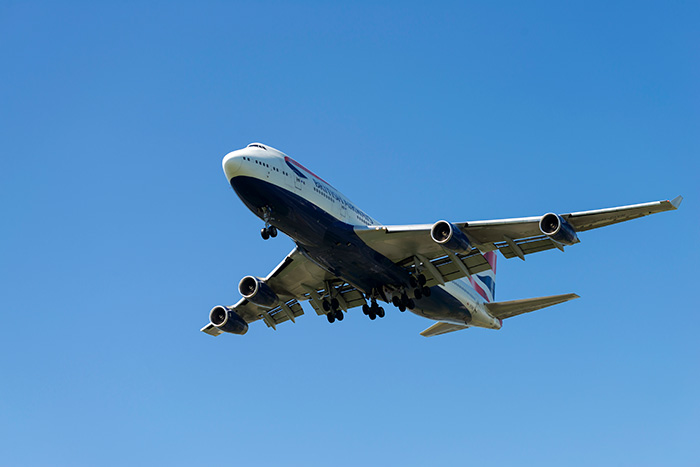
When we’re not shopping online, we’re booking cheap flights and that’s bad news for the environment! Aviation produces around 2% of global manmade CO2 emissions, according to the UN’s Intergovernmental Panel on Climate Change, and that will rise as passenger numbers increase. So, short of encouraging people to vacation at home rather than abroad, what else can we do to reduce our carbon footprint? Electric planes are one possibility, although it could be 20 years (give or take a few decades) before we’ll be using them. Educating the public about the environmental negatives of flying is another option, although the reality is that it’s easier getting people to give up driving diesel cars than persuading them to dump EasyJet!
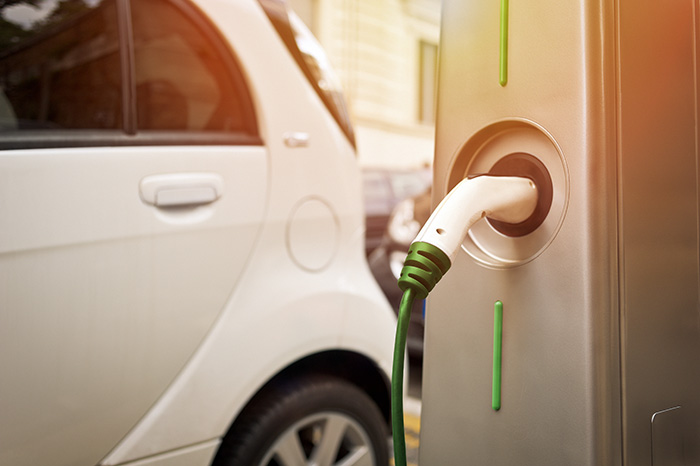
Ultimately, it is human behaviour that will determine the future of transport networks. Air pollution concerns and cost pricing has already seen a steady upturn in the number of people driving electric cars. A count taken at the beginning of 2018 found that worldwide the number of electric cars has risen from 2 million to 3.2 million. 1.2 million of these vehicles are in China with the rest in the United States, Japan and other countries. The Centre for Solar Energy and Hydrogen Research Baden-Wurttemberg (ZSW), which carried out the study, predicts that by 2025 the number of electric vehicles registered annually will exceed 25 million. Wishful thinking? Perhaps, although that doesn’t make the prospect any less tantalising. Clearly the transport story has plenty of mileage in its tank.